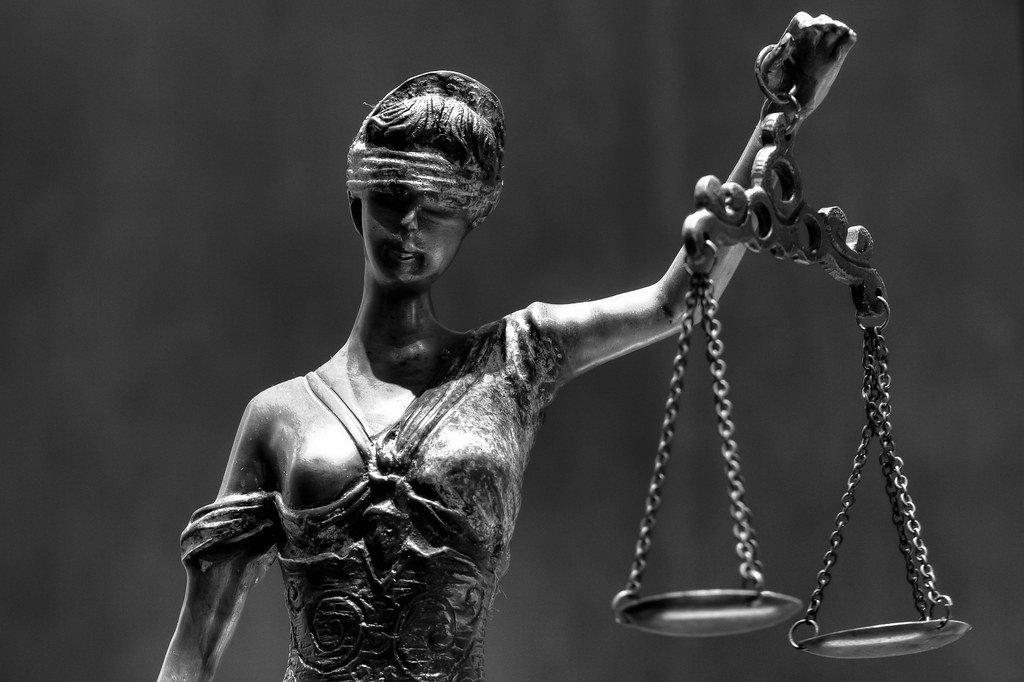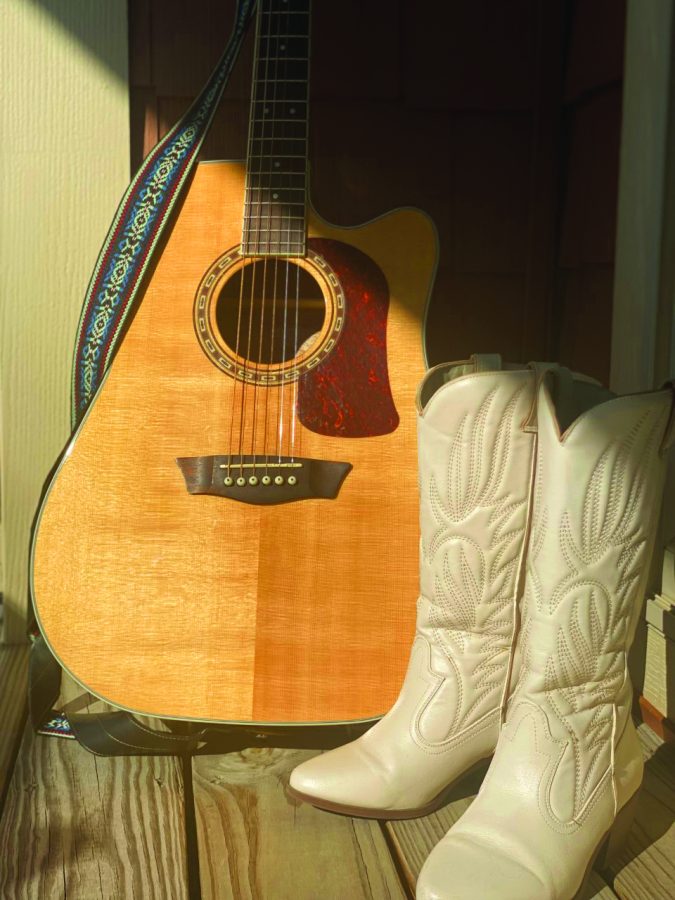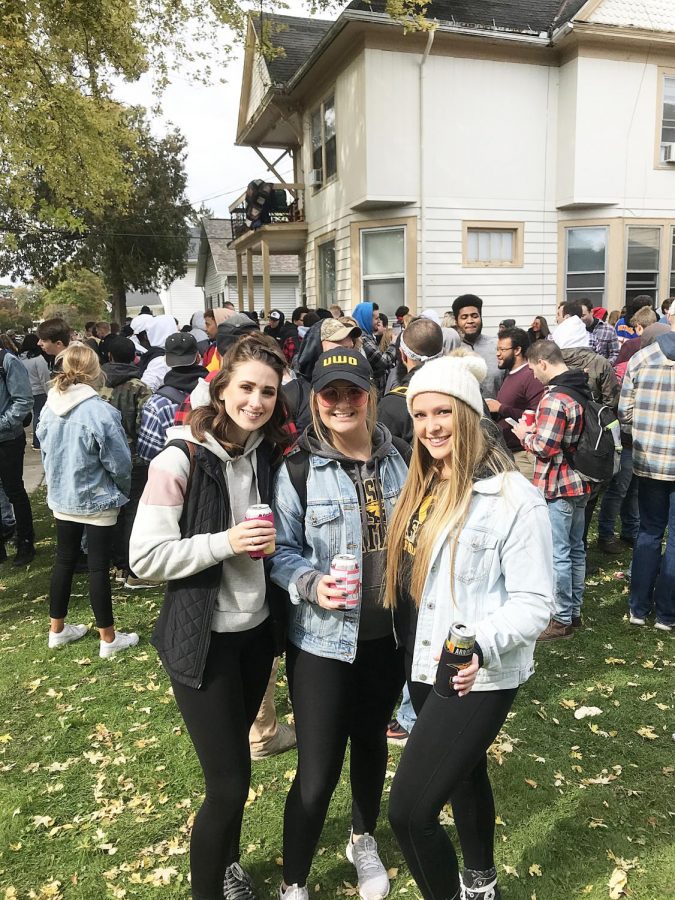Prior to the most recent student election on campus, UW Oshkosh was on par to get students excited about voting for their leaders and creating a successful model to engage students in the democratic process. This all changed when the conclusive finding of the election commission reported it had deducted nearly 70 percent of total votes cast by students in the election.
Not only does this ruling raise eyebrows about the ability of students to choose their own leaders, but it also raises concern that the ruling broke precedent with previous commissions in how they determined how they deduct votes. This change ultimately led to a drastically different outcome than would have been determined by previous commissions or that was decided by the student vote during the election.
The ruling during this election quite simply reduced a student’s vote to one-third of a vote and tipped the outcome of the election in the process.
The interpretation of how the commission calculated penalties dramatically increased the total amount of votes being deducted. The Colligan & Carter campaign (even if it had incurred all penalties ruled by the commission) would have still won the election by a large margin under the interpretation used by past electoral commissions.
Not only was the democratic process undermined by having no consideration for the popular vote, but this new interpretation of the penalty system promoted more penalties and discouraged voting since the student vote was all but irrelevant.
Students at UWO should be proud that they turned out in record numbers in this election. However, they should find it concerning that their turnout was not rewarded or considered by the commission in their interpretation of the election penalty system.
The Colligan & Carter campaign won the popular vote by over 100 votes, a 36 percent margin over the Berge & Schadrie campaign, which received the second most votes in the election. Yet the second place winner, by the popular vote and as interpreted by past commissions, will be in control of the presidency that is supposed to represent the democratic choice of students. This is a slap in the face to the democratic process and the legitimacy of elections as a whole.
Ideally, the sitting election commission and members of our student senate should be keen in addressing these matters. Failing to do so would not only set precedent that a publicly funded institution has little concern for the will of the student body in deciding its leaders, but would also state that the misinterpretation of a few people in positions of power have more say than the average citizen or student.
Anything less than a reexamination of this election’s final outcome by the election commission and by our student government would be a complete rejection of the students of this University and the democratic process as a whole.











